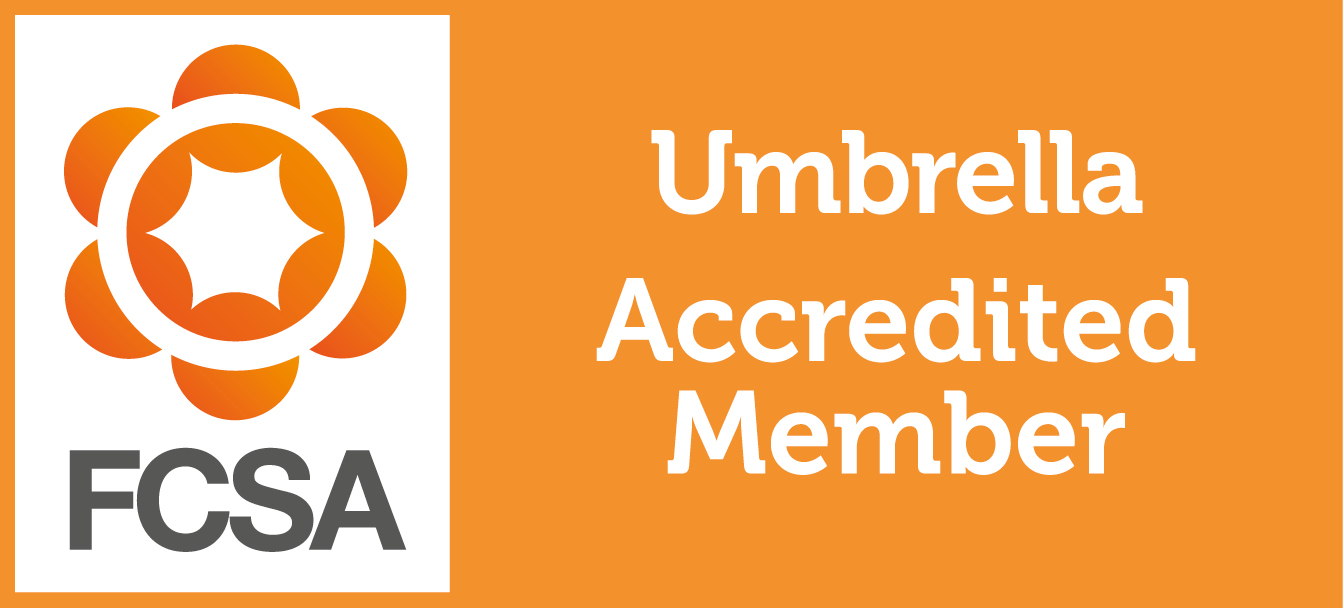
If you’ve recently secured a new role, you may be given a couple of options for your preferred method of payroll. Most commonly, there are two options: being paid through the recruitment agency, or registering with an umbrella company. Both of these will see you get paid in a very similar way (PAYE). However, there are some differences. Please keep reading and we’ll explain the key differences to consider when choosing how to get paid for your temporary assignments.
What is PAYE?
The Pay As You Earn (PAYE) system is a method of paying Income Tax and National Insurance Contributions (NICs). Your employer will deduct these taxes from your wages and will send them directly to HMRC, before paying you your net salary. If you receive PAYE through your recruitment agency or via an umbrella company, you are legally their employee. In both situations, the amount of tax and NICs that you pay will be the same. So, with that in mind, what is the difference between the two payroll options?
Agency PAYE
If you opt to be paid by your recruitment agency, you will work through them and be employed by them. Agency PAYE is very straightforward, and you will deal directly with them for all issues or queries. Typically, there is no direct cost or fee for working via agency PAYE. However, you may receive a slightly lower rate than if an umbrella company employed you.
Once you’ve registered with an agency, your only ongoing tasks are to return a signed copy of your contract for each new assignment and to submit your weekly/monthly timesheet. The agency will process your tax deductions and pay them to HMRC on your behalf, which means you never have to worry about forgetting to pay a tax bill.
Agency PAYE may not be the right option for you if you change assignments frequently, take on multiple jobs at one time or don’t want to be tied to an agency. This is because when you work via agency PAYE, you do not benefit from continuity of employment – as each assignment with a different end client is seen as a separate contract, and will be taxed as such.
Although agency PAYE is very straightforward and easy to use, there are definitely less benefits, and if you are looking for more than just payroll you may be better suited to using an umbrella company. Umbrella companies offer a host of benefits for contractors and freelancers which are often included for free as part of the service.
Umbrella company
Similarly to agency PAYE, when you register with an umbrella company, they will become your employer and will process your salary via PAYE. The main difference between agency PAYE and umbrella companies is that you have the freedom to choose which contracts you work on as you don’t have to be tied to one agency.
When you work through an umbrella company, your employment continues from contract to contract, meaning that although you may have multiple contracts with different end clients, you’ll only have one employer – the umbrella company. Continuity of employment is beneficial if you take on a series of short-term assignments alongside each other or concurrently – as you keep the same employer from job to job and your tax code is not negatively affected. It also simplifies your tax affairs as you have one tax code and one P60, making it far easier to prove your income if you need to apply for a mortgage.
Unlike agency PAYE, umbrella companies will retain a margin from the money received from your agency or end client to cover the cost of their administrative duties; such as processing payroll and raising invoices. The margin is deducted before tax is processed, and this is usually between £15 – 35 per week. Many contractors find this is a very reasonable price to pay for the ease of getting paid and the level of service they receive in return. It’s worth noting that most umbrella companies will offer you most than just payroll.
As a contractor, you will be undertaking work for different clients and will need adequate insurance to protect you in the unlikely event that something doesn’t go to plan. Most compliant umbrella companies will offer Employers Liability, Public Liability and Professional Indemnity insurance as part of their service, at no extra cost to you.
Finally, if you decide to become an employee of an umbrella company, your agency will usually offer you an uplifted rate to account for the additional costs of employing. From this rate, the umbrella company will deduct the employment costs to ensure it is never taken out of your pay.
Always use an FCSA accredited umbrella company
Some unscrupulous umbrella companies are tricking contractors into using their service by promoting higher rates of take home pay. While this may seem tempting, they are most likely tax avoidance schemes and engaging with one could have serious consequences. HMRC are always stepping up their efforts to catch tax-avoiding contractors and retrospective punishments are being handed out on a regular basis.
The easiest way to check if you are safe to use an umbrella company is to look for FCSA accreditation. To obtain FCSA accreditation, umbrella companies must pass a strict annual audit and adhere to the FCSA’s Code of Compliance which ensures they are compliant with all UK tax law and HMRC regulations.
Join an FCSA accredited umbrella company today
Umbrella Company UK is proudly accredited by FCSA and is pleased to be able to offer a compliant, hassle-free service for contractors and freelancers in the UK. Please give our expert team a call on 01707 669023 for more information about our umbrella service, or umbrella service for drivers.






